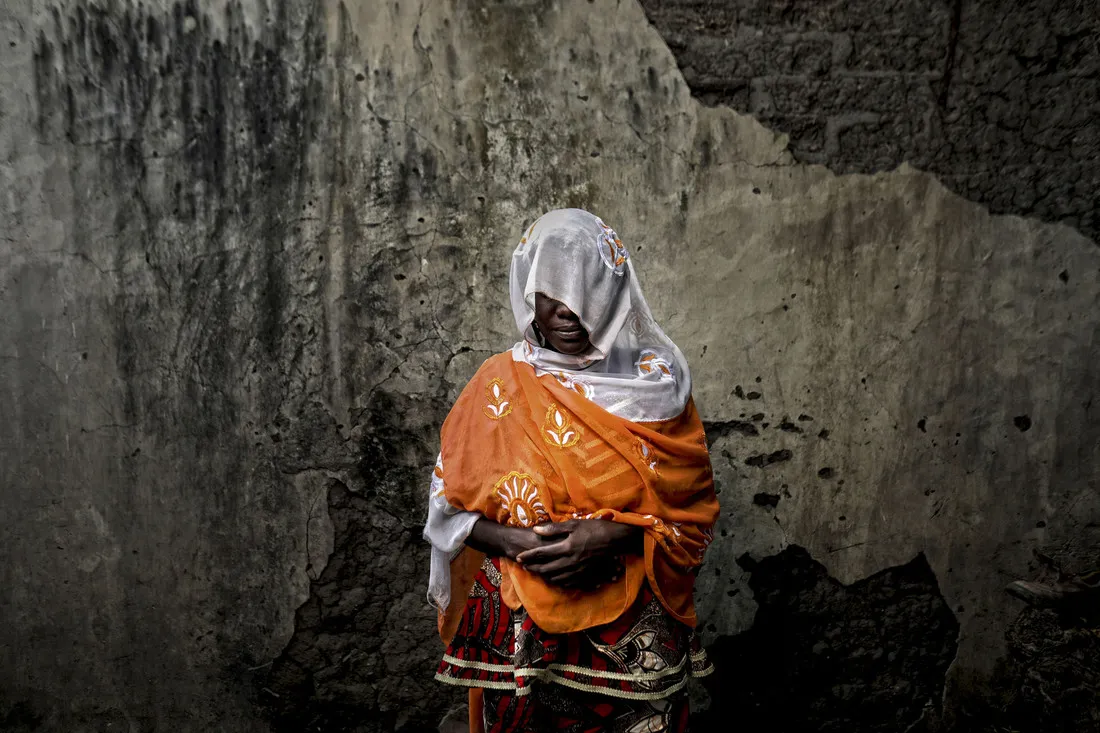About the crisis in Nigeria
In Nigeria, 7.1 million people are in need of urgent assistance this year. 1.8 million people are internally displaced; 80 percent are women and children.
Women and girls are the most at risk. Thousands have been abducted since the crisis began in 2009. Many more face targeted violence, including violence against women and girls, trafficking, and forced survival sex in exchange for food and basic items.
Heavy rains and flooding have further exacerbated the country’s food crisis, adding to the already dire humanitarian situation caused by the decade-long conflict.
Borno, a state in northeastern Nigeria, is the epicenter of the crisis and faces the most major security concerns. Armed groups continue to attack civilians and aid workers in the region.
Rann, a remote town in Borno, is particularly difficult for humanitarian assistance to reach due to poor road conditions and frequent violent attacks from armed groups. Flooding has further damaged roads to Rann, blocking food and other commodities from entering the area. More than 40,000 people – mostly internally displaced people – have little or no access to food or services.

